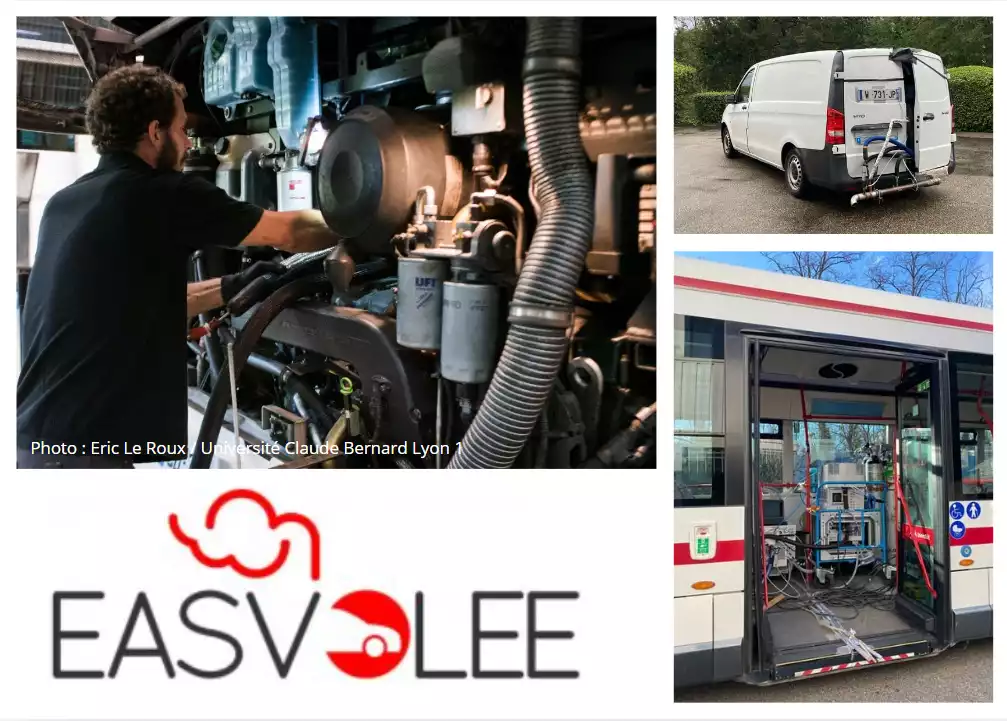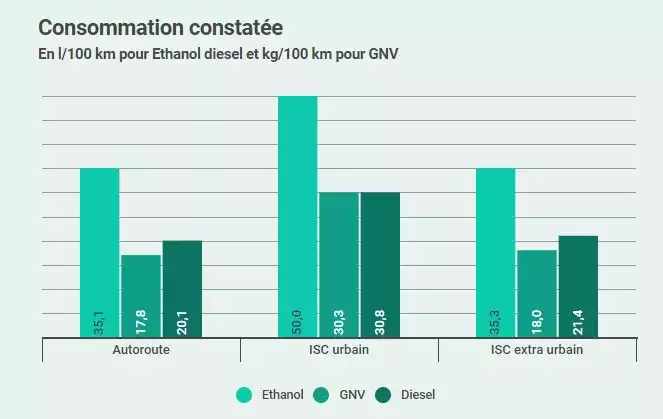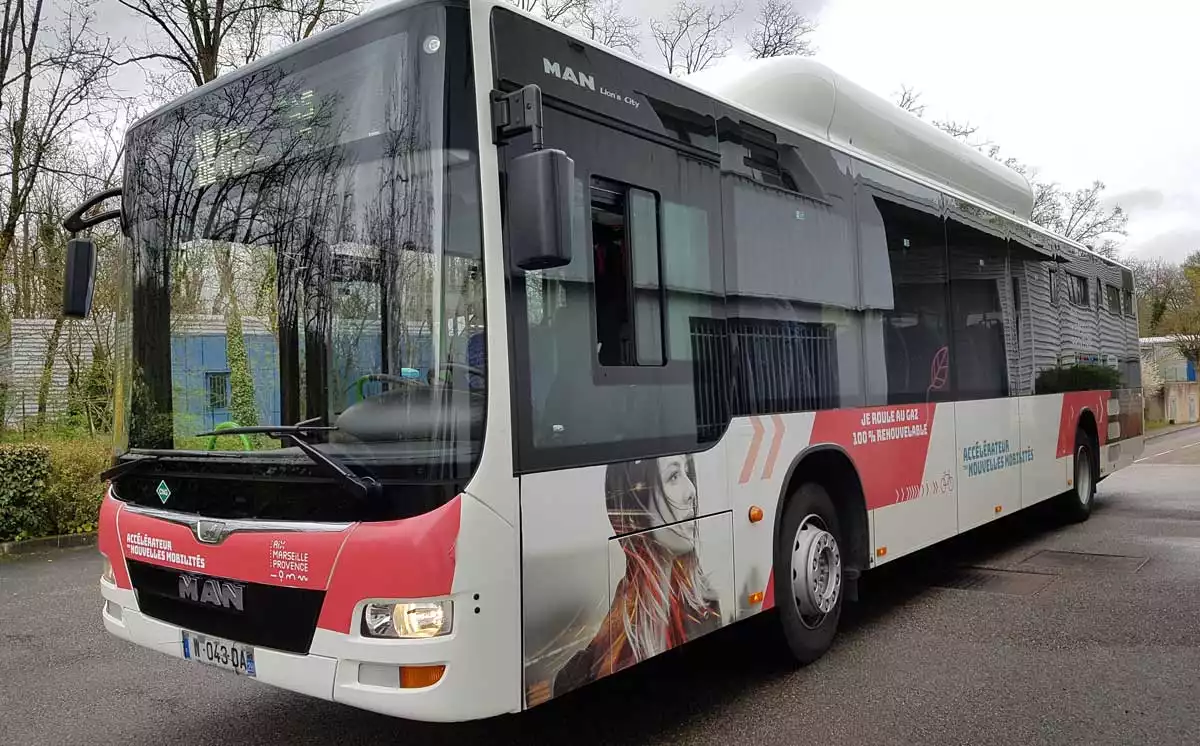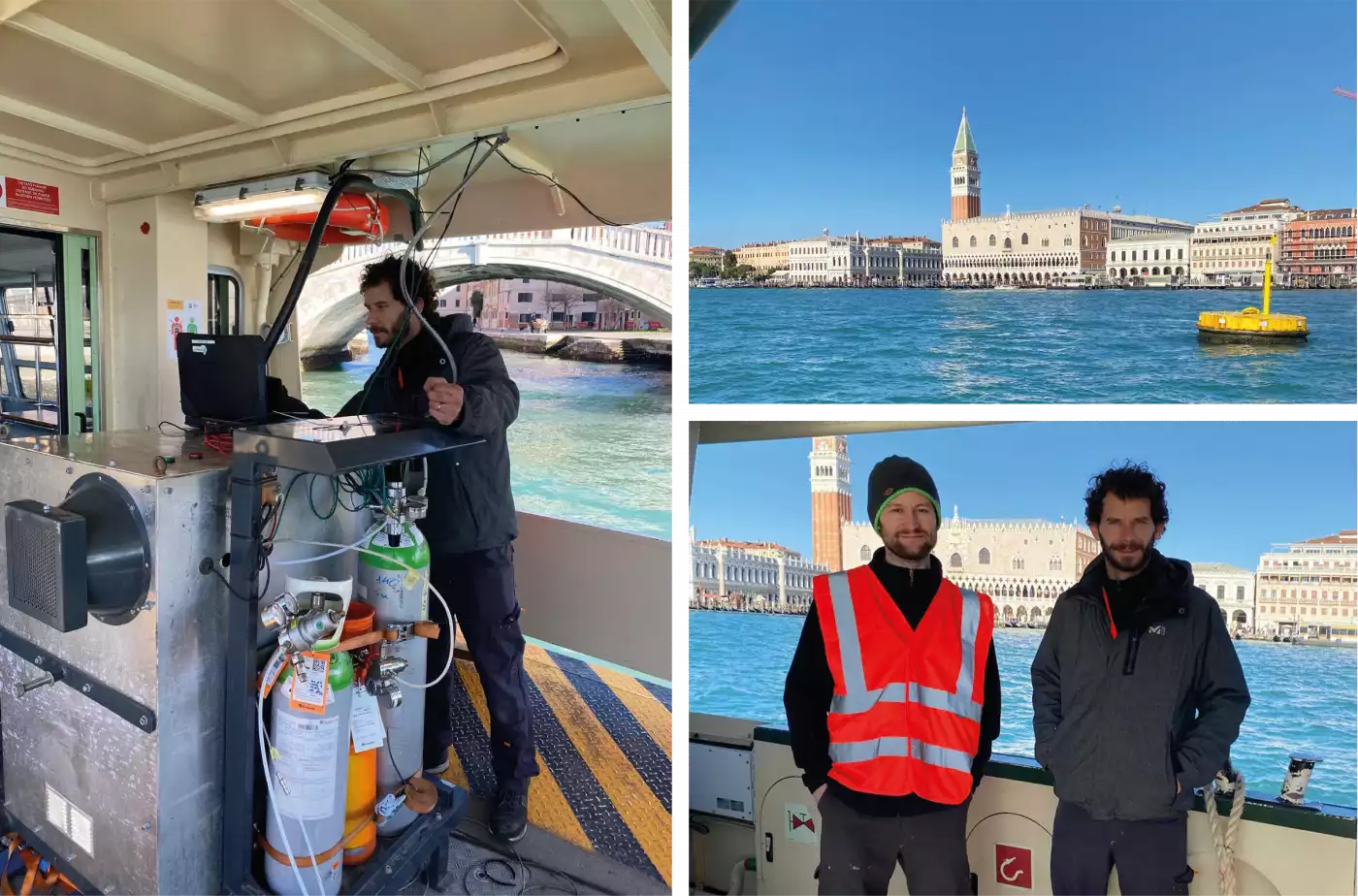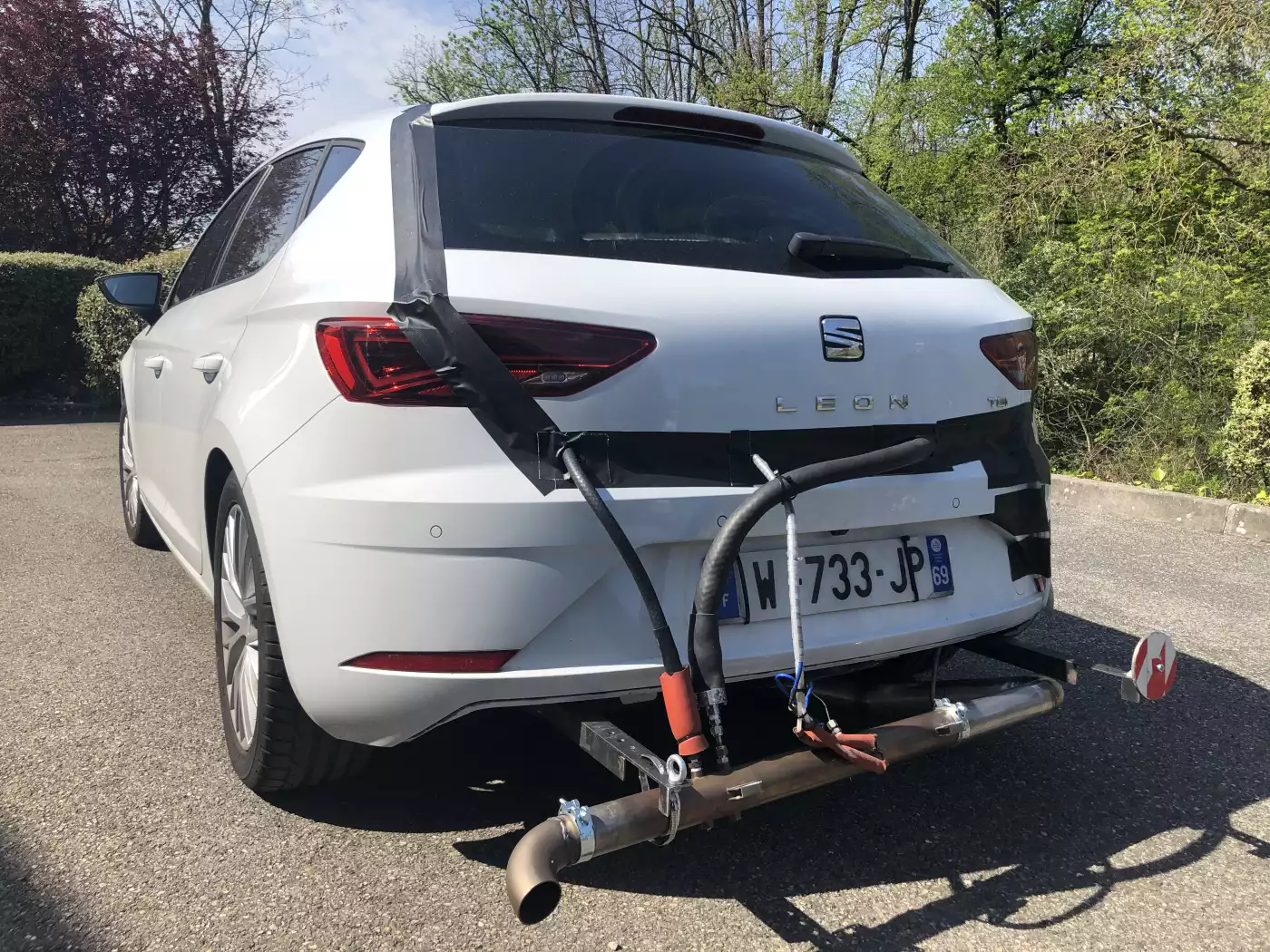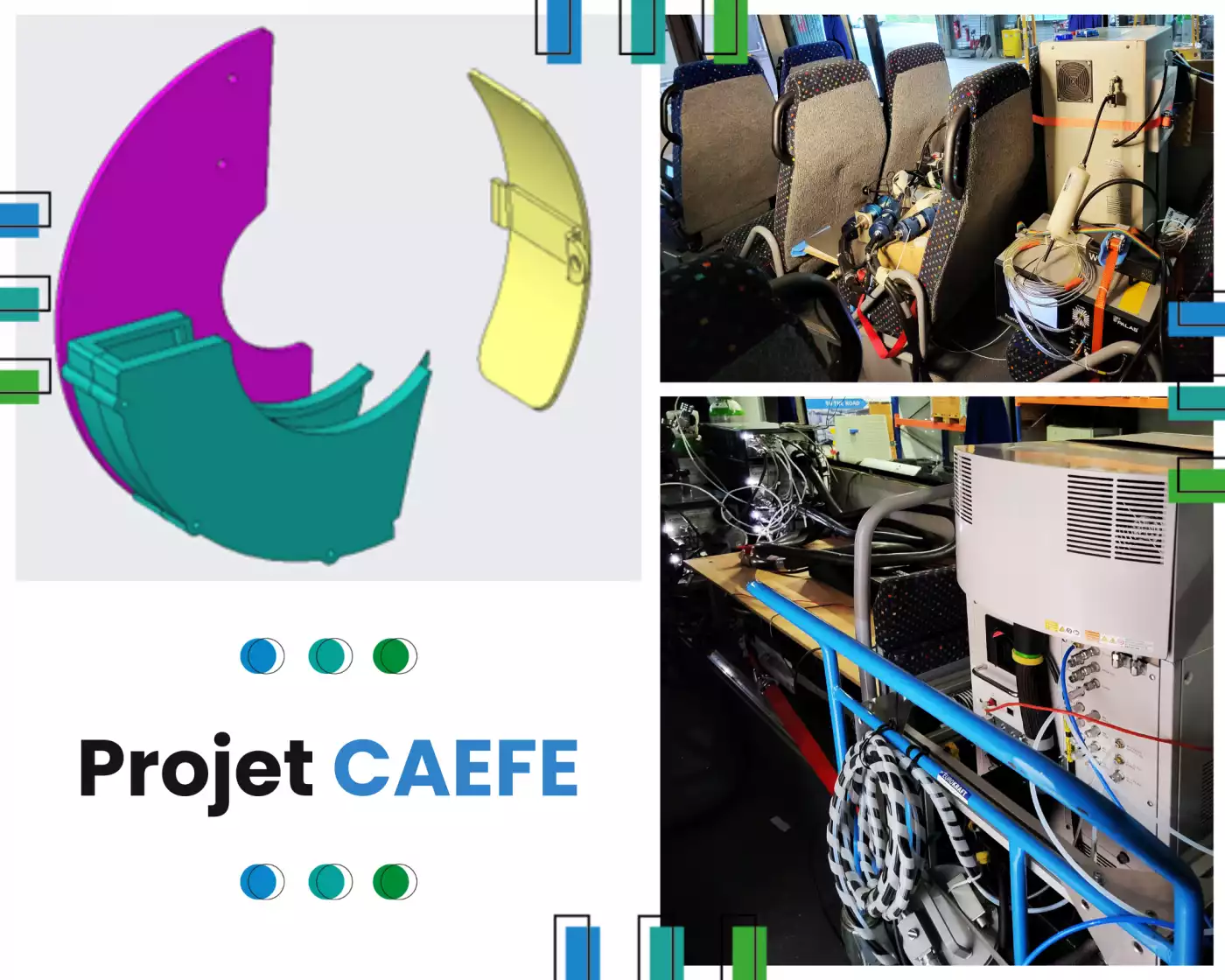CUSTOMER PROBLEM
Air quality, global warming and the impact of organic compounds on health are major concerns in major metropolitan areas. Faced with these crucial issues, the EASVOLEE project, a recipient of funding from the European Union's Horizon Europe program, is committed to collecting data with a view to influencing European climate legislation. Initially, the project aims to quantify secondary particles emitted by engines and understand their impact on air quality in Europe. The data collected will then be used to identify measures to improve air quality by reducing the concentrations of aerosols (organic, inorganic, nanoparticles, primary and secondary) emitted by vehicle exhausts.
Supported by eight companies and research laboratories (CRMT, FORTH, l'Institut de Recherches sur la Catalyse de Lyon, TNO, Paul Scherrer Institut, Berner Fachhochschule of Applied Science Careers and the Norwegian Institute of Distributed Science) in six countries (France, Switzerland, Greece, Norway, Israel and the Netherlands), the project will run for 48 months, ending in 2027.
CRMT SOLUTION
CRMT is a partner in the first phase of the project, measuring emissions of regulated and non-regulated pollutants. Working in collaboration with Ircelyon, the engineering company is applying its 20 years of expertise in the measurement of on-board pollutant emissions to gather raw data on exhaust emissions. A total of 15 vehicles of different types and fuels will be tested. Selected by the partners on the basis of the results of previous studies (CARES, GVI, MODALES, TUBE, uCARe, DownToTen, PEMS4NANO and SUREAL-23°), they represent a cross-section of the European vehicle fleet. Tested under real operating conditions (RDE, ISC and ISM cycles).
LE PLUS
CRMT is an independent, impartial company. CEMS technology is now included in CRMT's range of pollutant measurement services, for technological benchmarking and/or long-term monitoring under real operating conditions.
